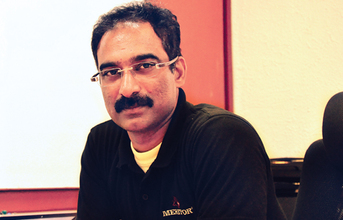
He also believes that a leader needs to keep both short term and long term objectives in mind and make decisions. "Making decisions about what should and should not be done to avoid hurting the long term objectives of the organisation is the most difficult thing to do.
"Also keeping up the motivation of the people is extremely challenging and important, communication is a very important factor, and I always ensure that I am transparent and over-communicate to make the organisation aware of the dynamics, requirements, performance needs," he sates.
Thimmaiah feels that the Indian auto component sector needs to invest in upgrading manufacturing processes and capabilities to deliver high quality products and a reliable supply chain. "Most of the time it adds to capital investment, but the challenge is you do not get compensated for the same, we are caught in this vicious cycle. Everyone says that volatility is here to stay and we have to learn to deal with volatility.
"I agree that this is the fact but according to me it is impossible to deal with volatility in an effective manner - serving a volatile customer demand adds to cost in the supply chain. Many people may not agree to my point but when you have 100 suppliers spread across the country with a logistics lead time varying from 1 to 7 days and manufacturing throughput of many days, it is impossible to produce and ship per daily variation.
"I know it is very difficult because the ultimate volatility comes from the end customer and it's our endeavour to serve the customer in the best possible way. Consistent quality and delivery performance are still going to be the main factors to take the Indian auto industry to the next level," he shares.
END


























